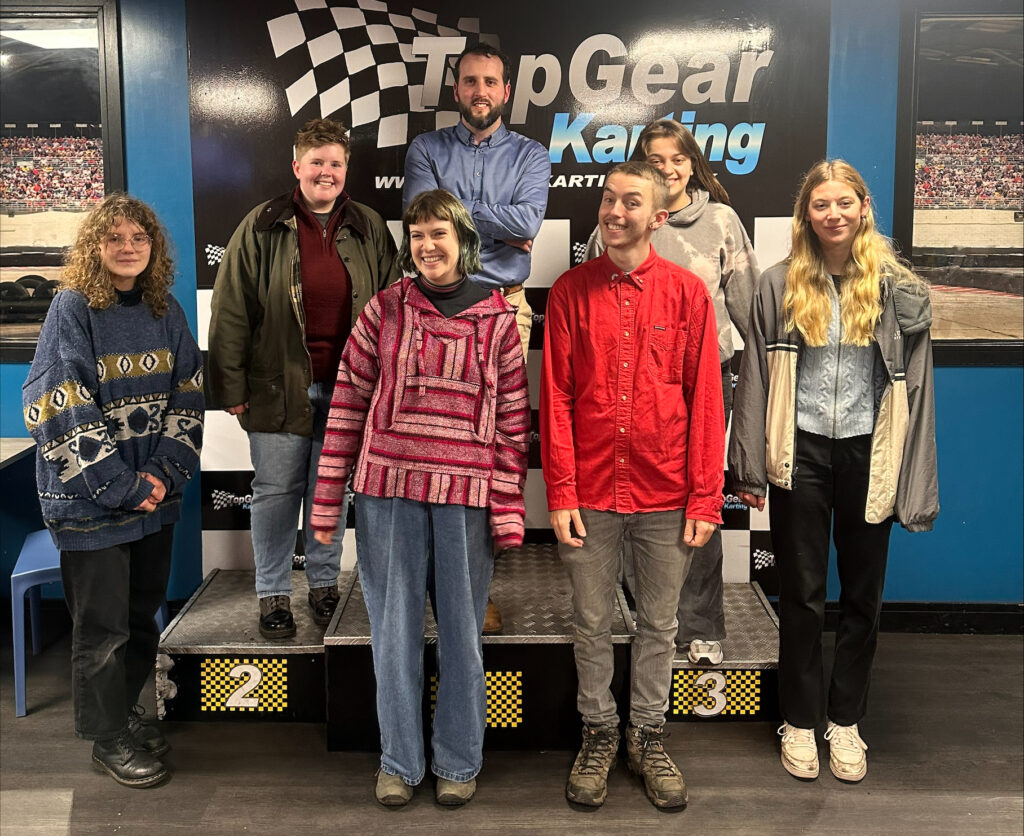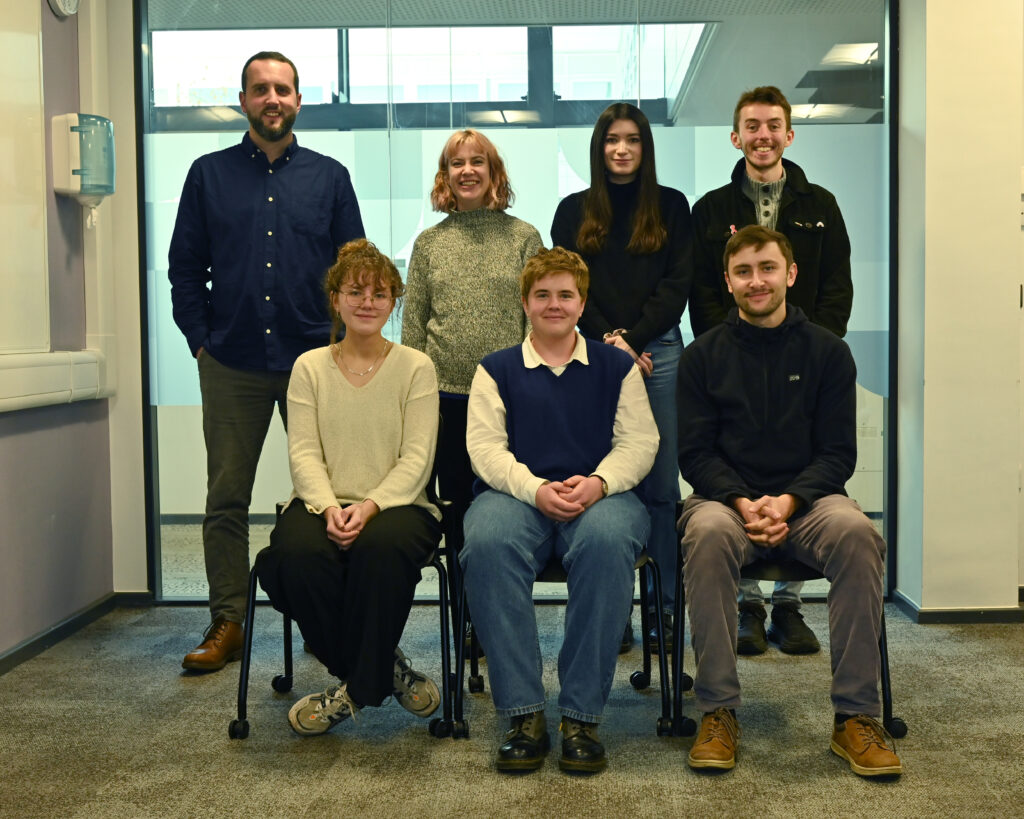Our team

Vincent Croset (PI)
I grew up in Switzerland and studied biology and genomics at the University of Lausanne. During my PhD, I worked in the group of Richard Benton where I resolved the evolutionary history of a novel family of invertebrate chemosensory receptors, and addressed their function in amino-acid sensing. After graduating in 2013, I spent 7 years as a postdoc in the lab of Scott Waddell at the Centre for Neural Circuits and Behaviour at the University of Oxford. There, I pioneered single-cell sequencing in the Drosophila nervous system and used these methods to address transcriptional correlates of water deprivation, discovering a novel drinking gating mechanism involving glial signaling. I moved to Durham University to set up the lab in 2020, and was promoted to Associate Professor in 2025.
ORCID / Durham University webpage
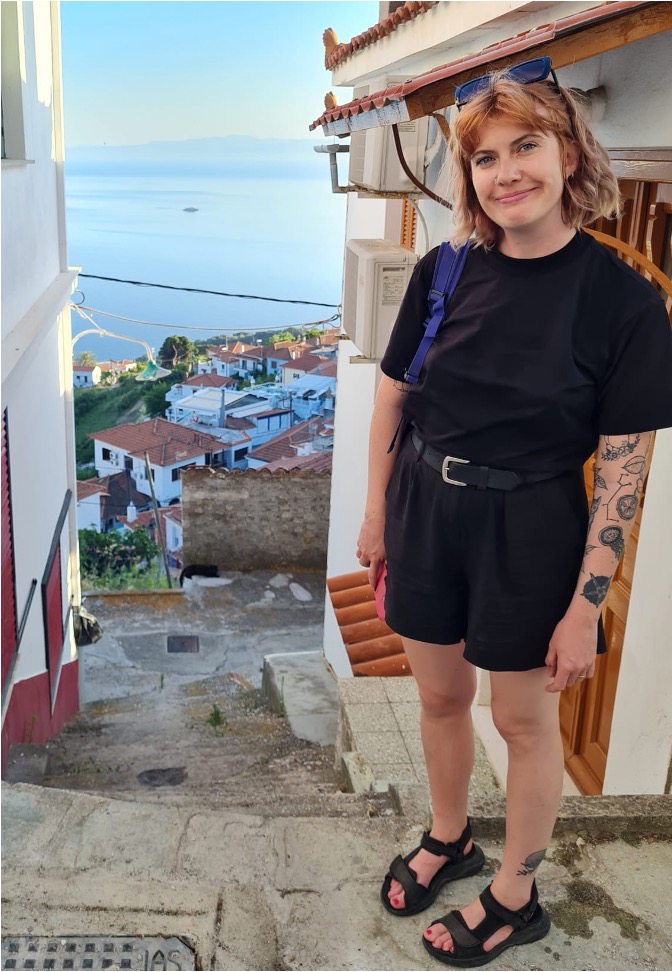
Sophie Waldron (Post Doc)
I am interested in using Drosophila melanogaster to investigate the molecular and genetic underpinnings of nutrient balancing and food choice. I completed my undergraduate degree in Experimental Psychology at the University of Oxford, before transitioning towards biological and genetic neuroscience in my PhD. For this I received a Wellcome Trust studentship funding to phenotype a rodent model of psychiatric risk through copy number variation at Cardiff University, supervised by Dominic Dwyer and Jeremy Hall. I joined the Croset lab in 2022 where I have been purifying and sequencing cells from neuronal subtypes involved in reward processing and feeding behaviour. When not in the lab you can find me cooking, hiking, and petting every cat I see.
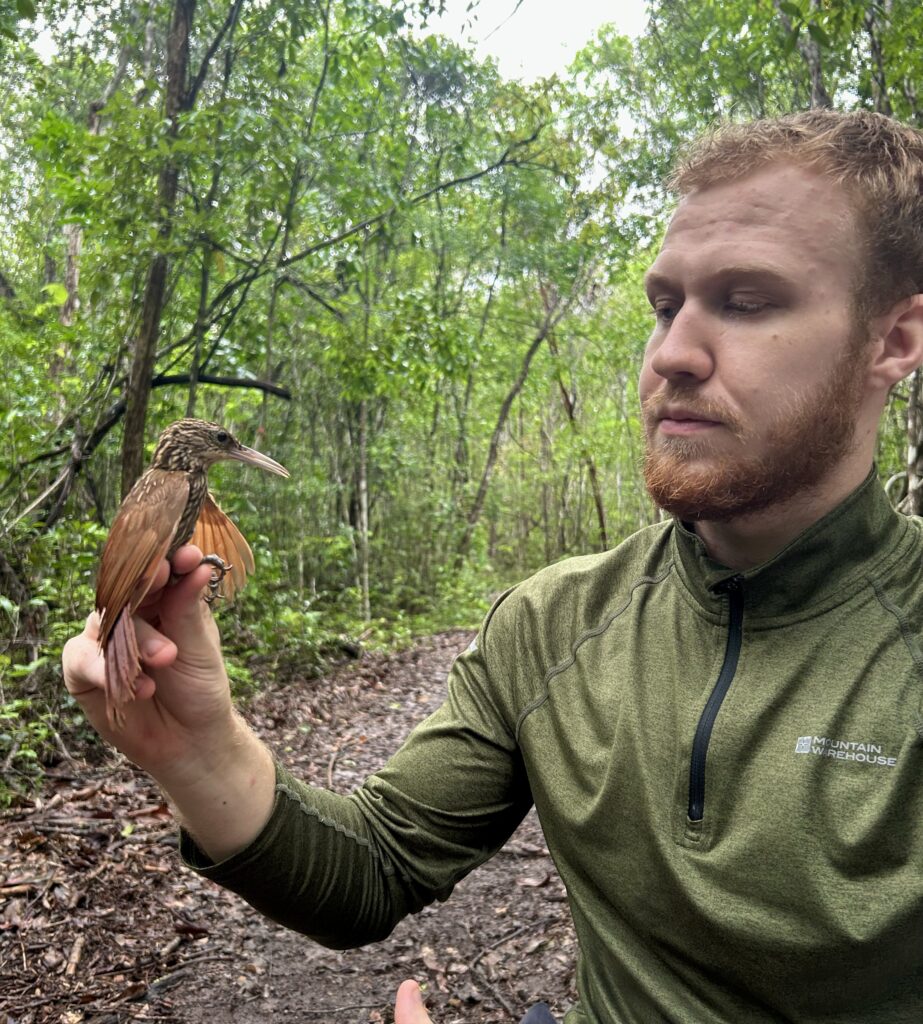
Cameron Westland (PhD student)
Driven by an instinctive curiosity in the natural world, I first studied Zoology at the University of Aberdeen where I developed an interest in evolution and genetics. To explore these interests further, I relocated to Scotland’s capital to study my MSc in Evolutionary Genetics at the University of Edinburgh, where my thesis research involved investigating the genomic correlates of recombination rate in Lepidoptera using WGS data in the Lohse lab. I am largely interested in understanding the genetic and molecular bases of complex traits, and my PhD research involves investigating the role of dopamine dynamics in Drosophila learning and memory, as well as the molecular consequences of dopamine transport dysregulation.
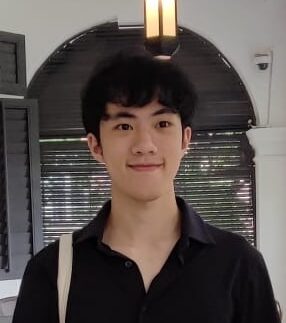
Colin Wong (PhD student)
I completed my BSc in biomedical science at the University of Sheffield, where I developed a keen interest in neuroscience, in particular how molecules and cells can give rise to complex behaviors such as memory. In pursuit of this interest, I stayed in Sheffield to complete my MRes with the Lin Lab, in which I investigated how activity levels are regulated in the Kenyon cells of fruit flies. As of now, I will remain in the world of Drosophila neuroscience for my PhD at the Croset lab. My project is investigating the molecular mechanisms of memory in the mushroom body, with a focus on isolating and sequencing engram Kenyon cells.

Yixin (Demi) Liu (Mres student)
I did my undergraduate degree in Biological Sciences at Durham, and I was super, super lucky to get the chance to join the Croset lab for a project. That was my first real experience working with Drosophila, and it’s also when I discovered how fascinated I am by the way the brain controls behaviour. I was especially struck by how something as simple as nutritional state can influence what animals choose to do. That’s what drew me to stay on at Durham for my MRes, where I’m now looking at how fruit flies respond behaviourally and metabolically to protein-deficient diets, with a focus on insulin signalling and Kenyon cells in protein appetite. More broadly, I’m just really curious about how the brain translates “what the body needs” into actual choices and actions, and I’m excited to keep exploring that.
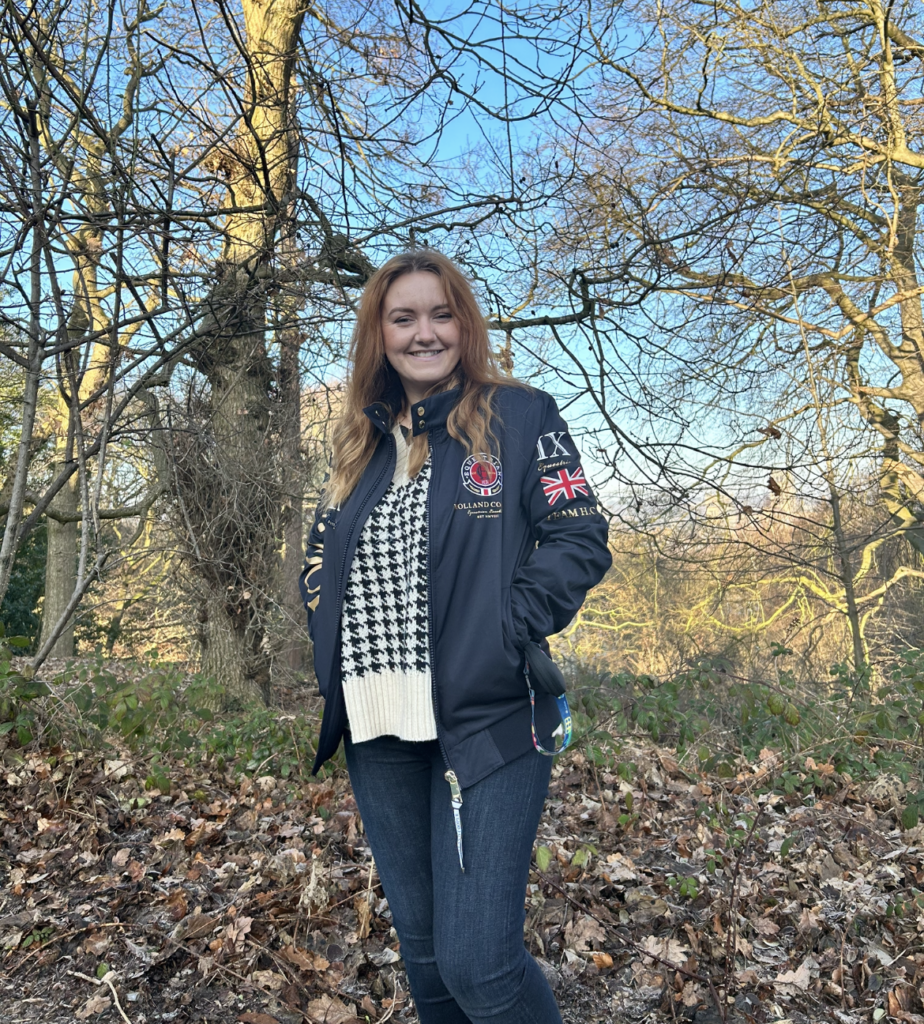
Helen Siddle (Technician)
I graduated from Newcastle University in 2019 after completing my BSc (Hons) in Animal Science and MRes in Animal Behaviour. My Master’s research investigated whether neuroimaging and recording changes in the mass of grey matter within the hippocampus can assess the effect of cumulative experience in farm animals. I have spent much of my career working with animals, including horses at Beamish Museum, and cats and dogs in rescue centres. I joined Durham University in 2021 before moving to my current role later that year as an Intermediate (Invertebrate) technician. I am working across multiple insect groups within the bioscience department.

